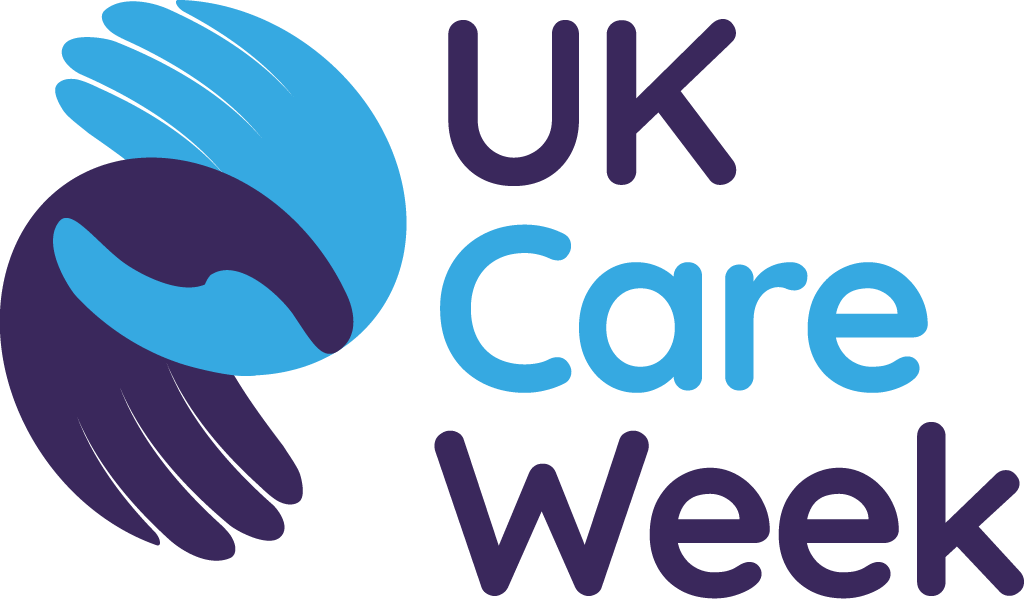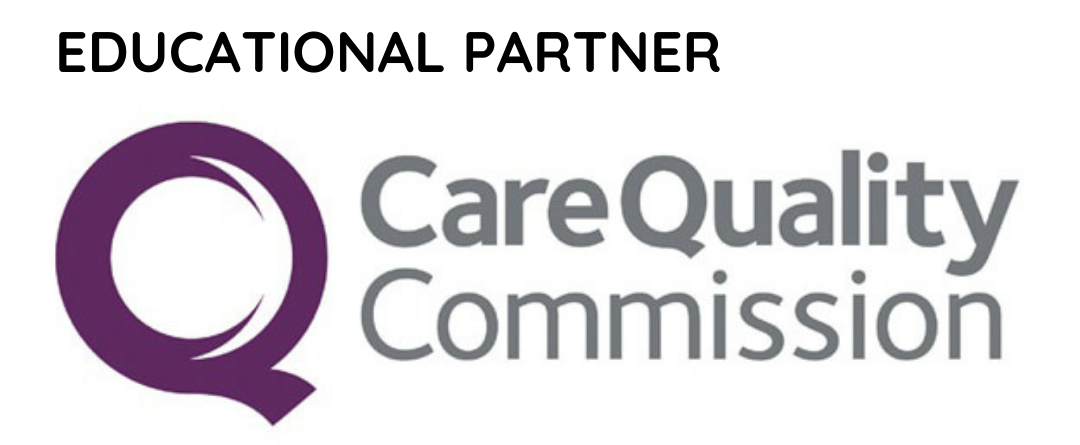Exclusive: Nadra Ahmed Leads Rallying Cry for Social Care Reform
)
As thousands prepare to march in Liverpool for the Backbone of Care Walk, Nadra Ahmed CBE reflects on the rise of Providers Unite, a grassroots movement born from decades of underfunding and driven by a mission to give care providers a voice. With urgent reform still out of reach, she calls on government to listen, engage, and understand the vital importance of our sector.
Words by Sarah Clarke
At the time of writing, care providers across the UK were preparing to descend on Liverpool for a major rally during the Labour Party Conference on Monday, September 29.
The ‘Backbone of Care Walk’ would mark the second significant ‘Day of Action’ organised by Providers Unite, a grassroots coalition initiated by Nadra Ahmed CBE and the National Care Association (NCA).
As with the first rally, held outside Parliament in February, thousands of care sector representatives were expected to walk the streets, voicing a collective call for social care reforms.
But while action from government is urgent, this is not the overarching mission of Providers Unite – the main aim is to highlight the vital importance of social care and to give those delivering and receiving care a voice to express their views and concerns.
“Providers Unite is there to empower people. That’s what it’s all about. And we’re demonstrating that we’re stronger together,” Nadra says.
The story of Providers Unite
The launch of Providers Unite was prompted by widespread concerns around the announcements made in last year’s Autumn Budget, namely the reduction in the threshold at which businesses start paying Employers’ National Insurance on employee’s earnings, coupled with the rise in employers NI contributions and National Living Wage increases.
Just weeks after the Chancellor’s speech, a Care Provider Alliance survey of over 1,000 providers revealed that 73% were expecting to decline new care packages from local authorities due to the Budget’s impact, while 22% were preparing to close their doors for good.
Taking matters into her own hands, Nadra wrote a letter to the Treasury, highlighting these devastating repercussions on a sector already fragile due to decades of underfunding.
And while it took many months for the Treasury to respond – one month after the Westminster rally, in fact – the response from providers was unprecedented.
“One of my board members shared the letter with his colleagues in the sector and it escalated from there,” Nadra recalls.
“The original letter went off with about 125 signatories, which included national care bodies and a range of providers, but that number quickly grew to over 2,000.
“People were writing to us, saying the measures were going to have a fundamental impact on their bottom line, and for small and medium-sized businesses, which make up 83% of the market, that was going to be really difficult to navigate.”
Hearing this response from the sector, Nadra and her team quickly realised that the Budget had triggered a movement for change.
Nadra explains: “For the first time, providers from across the country were united in saying ‘we've got to get this thing going – we’ve got to demand action’. That’s when the idea of marching on Westminster was first proposed.”
First Day of Action
Close to 3,000 people descended on Westminster on February 25, marching peacefully from Church House to Parliament Square Garden.
There was a strong media presence at the event, and many MPs came out in support of the rally, even calling on the government to reverse the Budget measures.
“Ahead of the rally, we supported people in the sector to write to their MPs by sending out template letters,” Nadra explains. “Suddenly, people felt really empowered to voice their concerns, and hundreds of MPs were contacted.
Reflecting on the event, Nadra says: “We didn’t achieve everything we wanted to achieve, in terms of reversing the Budget measures and gaining crucial funding for the sector, but we achieved the one thing that I think was really important – empowering people to engage with their local MPs and make their voices heard.”
Liverpool march
So why is the sector mobilising once more, and what are the aims of the next rally, taking place in Liverpool?
“It’s about making sure that the government at the very least acknowledges that the care sector remains fragile. There are no solutions to the problems we face, and the Casey review isn’t the answer at this stage – it’s too far away,” Nadra says.
Nadra is referring to the Independent Commission into Adult Social Care, headed by Baroness Casey. The crossbench peer and renowned government troubleshooter has been tasked with producing a plan next year for delivering a National Care Service over the next decade.
The 2026 report will be followed by a further report, due by 2028, setting out longer-term recommendations for the sector.
“Urgent reform is needed now, not in a few years’ time,” Nadra stresses. “The recruitment crisis hasn’t ended – we’ve still got 130,000 vacancies in our sector – and we’ve now got a hostile picture of immigration, with overseas care professionals who came over to the UK legally now feeling vulnerable and unwelcome. This is going to cause another problem for recruitment and retention.”
The government believes that its Fair Pay Agreement, which will be legislated through its Employment Rights Bill, will attract UK staff to the care sector and move the country away from a dependence on overseas workers.
Responding to this argument, Nadra states: “The problem is that the Fair Pay agreement is not funded. A fair cost of care exercise was done under the last government, but it was basically shelved because they couldn’t afford it.
“So, it seems we are fighting a very complex and ill-informed set of policy decisions, which continue to compound the issues facing our sector.”
Will the government concede?
Providers Unite’s rally sends a strong message, with campaigners describing the underfunded sector as the “backbone of society”.
However, securing adequate government funding remains unlikely, as social care must compete with other underfunded sectors, including education and the NHS. And history tells us that despite its integral role in supporting the NHS, social care has received comparatively less prioritisation in funding decisions.
“I think it would take a very brave person [to fix the social care system] and I don’t think we have the brave people [in power] to actually see the positive contribution that social care makes,” Nadra says.
“We hear really good narratives and encouraging words, but then we hear the term ‘unskilled care workforce’ and that throws it all into turmoil. We’ve seen this year on year.”
So, while the government may not concede to the demands of Providers Unite and all those attending the next Day of Action, what matters most is that the social care sector is seen, heard and truly understood.
“We want to open doors and encourage the Treasury to get us round a table and talk to us. We will have solutions,” Nadra explains.
“We want to be heard, and while we shout loud, we shout proud. We’re proud of what we do and the contributions we make. We can’t be ignored any longer.”



